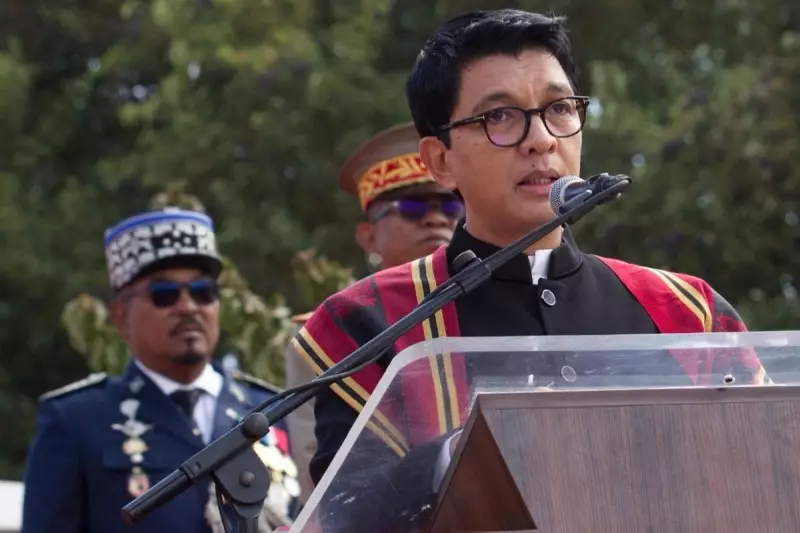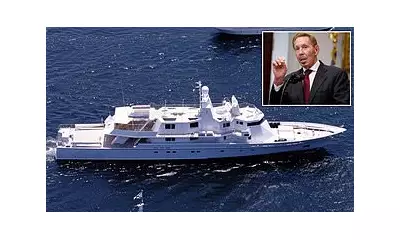
Madagascar's political landscape has erupted into chaos as anti-government protesters breached the presidential palace in the capital Antananarivo, escalating fears of an attempted coup against President Andry Rajoelina.
Palace Under Siege
Dramatic scenes unfolded in the heart of Madagascar's government district when hundreds of demonstrators stormed the iconic Iavoloha Palace, the official residence of the president. Security forces appeared overwhelmed as protesters scaled walls and occupied parts of the compound, though the president was notably absent during the incursion.
Mounting Political Tensions
The palace breach represents the boiling point of weeks of escalating protests against Rajoelina's administration. Opposition leaders have accused the president of consolidating power and undermining democratic institutions, with many now openly discussing the possibility of a coup d'état.
"This isn't just a protest - it's a people's uprising against a government that has lost touch with its citizens," declared one opposition figure, speaking anonymously due to security concerns.
International Alarm Bells
The international community has watched the deteriorating situation with growing concern. Regional African bodies and Western nations have issued statements urging restraint and a peaceful resolution to the political standoff.
Analysts suggest the crisis could have significant implications for stability in the Indian Ocean region, with Madagascar's strategic position and natural resources making it a key player in regional politics.
What Comes Next?
As night fell on the capital, uncertainty gripped the nation. Military units have been deployed to key government buildings, while communication from the presidential office remains sporadic.
The coming hours will prove critical in determining whether Madagascar can pull back from the brink of full-scale political collapse or if this marks the beginning of a new, uncertain chapter in the nation's history.





